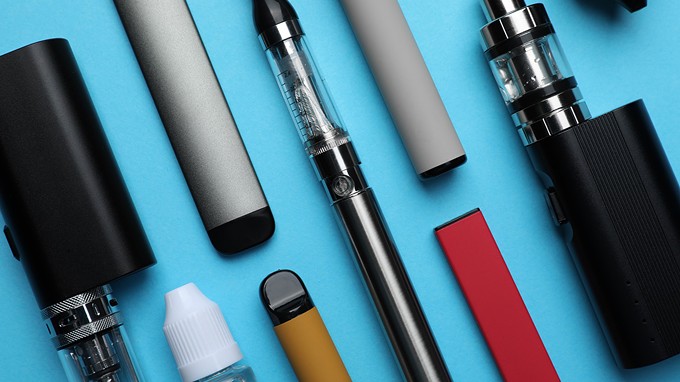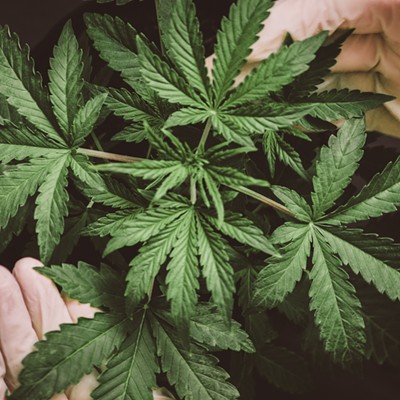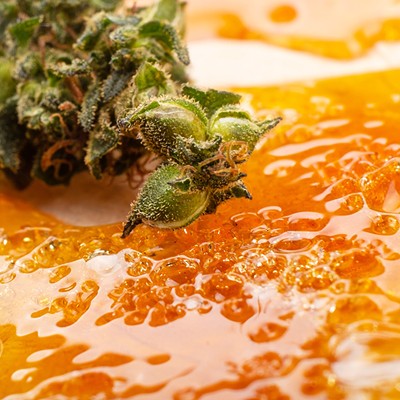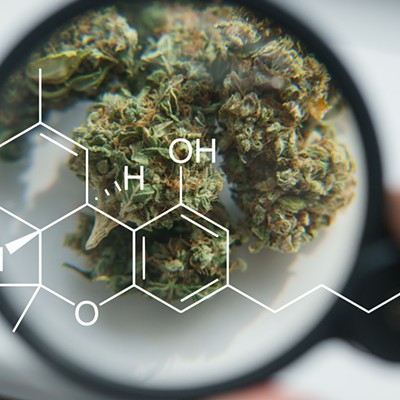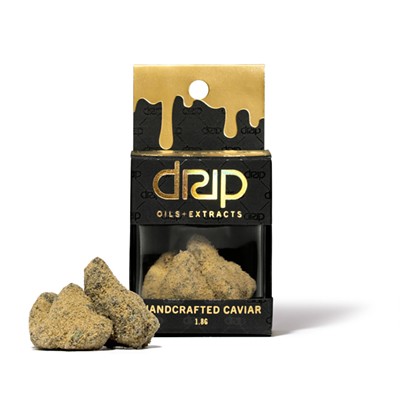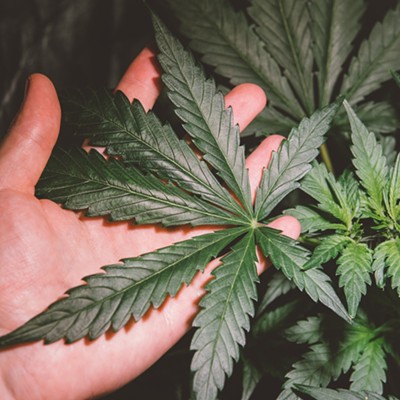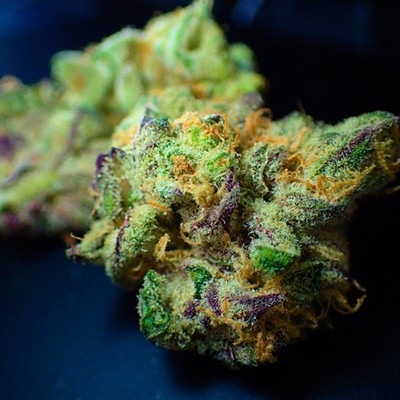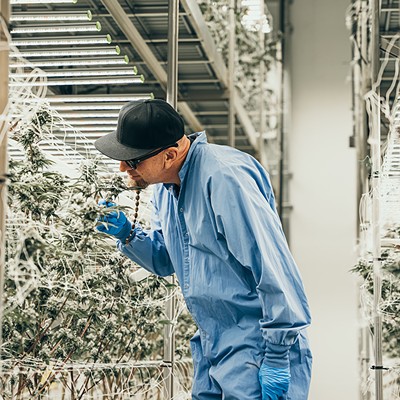In late October 2019, reports of a mysterious and severe lung disease crept throughout the country. What later became known as e-cigarette, vaping associated lung injury (EVALI) was sickening an alarming amount of people.
As of early 2020, the Centers for Disease Control and Prevention reported an eventual total of 2,506 cases of EVALI that required hospitalization; and all were linked to vaping. Arizona has reported 51 cases.
At first, it was unclear if the illnesses stemmed from nicotine or cannabis vapes. There was no clear connection in the cases between any brand, device or substance in any of the cases. Both THC and nicotine users were becoming sick, but those who reported using THC vapes were becoming sick at higher amounts.
Most cases were eventually linked to black market, unlicensed THC vapes, cracking open a messy legacy of illicit vape carts that are packed with toxic chemicals, specifically vitamin E acetate, which is now believed to be the main culprit of the outbreaks. A study from Illinois and Wisconsin found that 83% of EVALI patients had used black market vapes, and 66% had reported using Dank Vape cartridges, a cryptic and illicit THC company that would later become notorious in the outbreak.
Because vitamin E acetate is odorless and colorless, while maintaining a similar viscosity to THC oil, it is commonly used as a cheap additive in black market vapes to toy with the consistency of the oil. While not typically harmful when ingested, vitamin E acetate can hinder regular lung functioning when inhaled, causing symptoms like shortness of breath, chest pain and a cough.
The crisis that ensued via contaminated vapes illuminated the dangers that occur when an industry is left unregulated. Vitamin E acetate has a complicated history in cannabis, one that is shrouded in secrecy, all while it sunk its teeth into the black market. The California-based company Honey Cut Labs was a key player in this phenomenon. Honey Cut Labs created a new type of vape additive, one that spurred the creation of multiple copycat products across the country. A sample obtained off Craigslist by SC Labs found that the additive was 95% vitamin E acetate.
But it was too late, and the damage had already been done. Honey Cut Labs has since scrubbed itself of any digital presence, and much is still unknown about the company.
The CDC also reported that “the latest national and state findings suggest products containing THC, particularly those obtained off the street or from other informal sources (e.g., friends, family members, illicit dealers), are linked to most of the cases and play a major role in the outbreak.”
The gritty network of black market THC vapes exists ubiquitously online, with commercially packaged products available for purchase. They disguise themselves as industry regulated carts in a variety of ways: websites with lengthy industry jargon, QR codes to access test results (these are usually falsified), familiar branding, and so on. Further findings from the CDC revealed that the black market brand Dank Vapes were consistently linked to severe THC lung injuries, and even deaths.
“Dank Vapes appears to be the most prominent in a class of largely counterfeit brands, with common packaging that is easily available online and that is used by distributors to market THC-containing cartridges,” the CDC stated. Dank Vapes, like many illicit THC vapes are masters of disguise.
It's not hard to find mysterious websites with a hearty inventory of cannabis cartridges and promises of discreet shipping.
A selection of Dank Vapes online promise “lab-tested, extremely authentic, pesticide-free vape items, suitable for both medical and recreational use.”
Three years later, the consequences of the 2019 outbreak still bleed into concerns regarding the safety of vaping THC products. The unfortunate reality is that there are illicit THC products in circulation. Dank Vapes included. But, these are not products that are available in any licensed dispensary.
In Arizona, each cannabis product sold in a dispensary is required to have a certificate of analysis, a document from a licensed lab that provides data that confirms the potency, purity and safety of a cannabis product. Dispensaries are required to have these on hand, and can provide them to any customer as needed.
Cannabis products cannot be sold legally without being tested for a plethora of heavy metals, residual solvents and pesticides. It’s a rigorous process. Cannabis brands must also be properly licensed within Arizona. These license numbers can be found on each individual product to verify its authenticity.
Smoking, whether it be electronic or not, will always pose risks. Inhaling any substance into the lungs comes with its own set of possible consequences, but the regulations within the industry are in place to ensure that these risks remain minimal, along with keeping consumers informed.
If a cannabis product is missing any of these qualifications, it is best to avoid it. On the other hand, if it passes these qualifications, happy toking!

